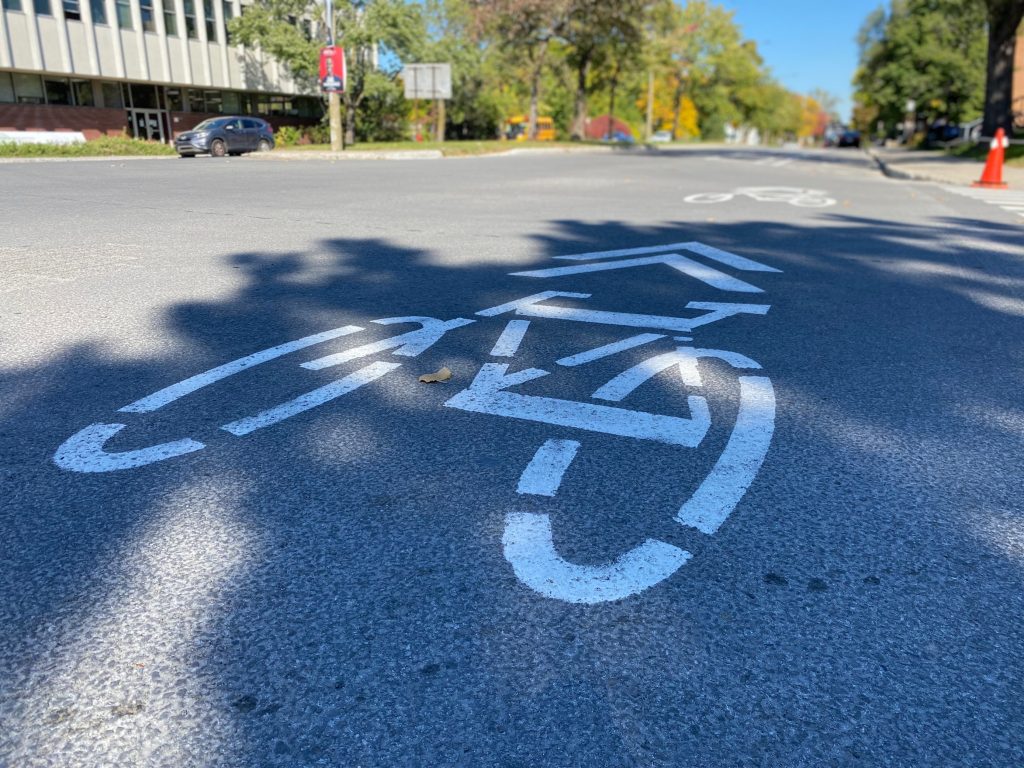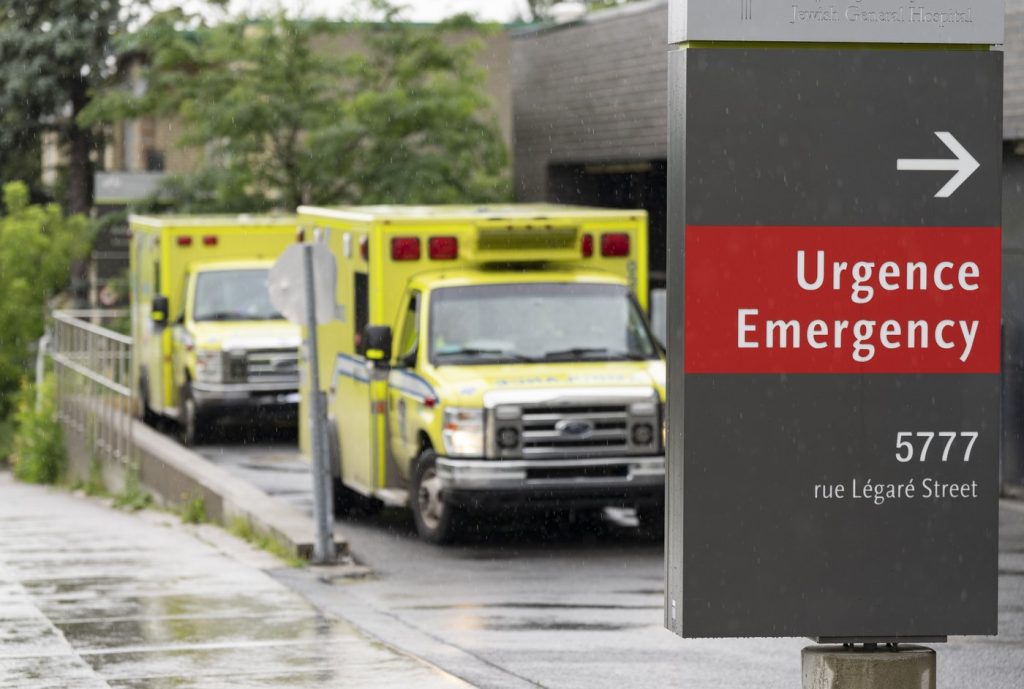Debt is damaging people’s health: study by the Observatoire québécois des inégalités

Posted April 3, 2024 10:47 am.
Last Updated April 3, 2024 11:02 am.
Debt has a negative impact on people’s health, according to a study by the Observatoire québécois des inégalités published on Wednesday.
The report explained that high levels of debt are associated with higher blood pressure, obesity, poor mental and general health.
Debt-related stress is identified as the main factor negatively affecting health, even if the person in debt has no payment problems.
“However, people with repayment difficulties will experience much higher levels of stress,” said Geoffroy Boucher, economist and co-author of the study.
The Enquête sur l’endettement des ménages québécois states that in Quebec, stress caused by debt averages 2.9 on a scale of 1 to 10, where 1 means “no stress” and 10 means “extremely high stress.”
“For people who are struggling to pay off their debt, this level rises to 9.8. It’s a level of stress that is very exacerbated, and it has all sorts of consequences,” said Boucher.
The researcher explained how debt can be associated with a certain social stigma, where people will try to hide their situation.
“And by trying to hide their situation, they can reduce their social ties, which can lead to a spiral of difficulties because the lack of social ties can also lead to mental health difficulties and exacerbate stress.”
The study claimed that stress can become “harmful to health when it is long-lasting or of high intensity.”
Chronic stress increases the risk of developing cardiovascular disease, musculoskeletal disorders, mental health problems and the risk of accidents in the workplace, as well as weakening the immune system.
Positive debt
“Not all types of debt have the same impact on health,” said Boucher.
To prove his point, he cited the research of Maude Pugliese of the Institut national de la recherche scientifique (INRS), which has identified five debt profiles.
The debt profiles include people who go into debt to buy a house or a car; student debt; people who go into debt to support their family or provide for their children; people with job loss or a health problem; and a combination of factors that contribute to debt.
“We can see that debt problems are much higher among the last three categories, and the stress linked to debt is much higher among these people,” said Boucher.
He said that debt is a “double-edged sword.”
It can be a lever for socio-economic advancement for many people, but for those who have difficulty repaying the amounts owed, it can become a factor of impoverishment.
Mortgages, for example, have enabled many Quebecers to become wealthy.
Mortgage is the type of debt that has contributed to the most growth value of the total debt of Quebec households over the last 20 years.
It is responsible for an 84 per cent increase in family debt, the average value of which has risen from $61,000 in 1999 to $113,400 in 2019.
However, Quebec households have a lower level of debt compared to the average Canadian province.
Ontario and British Columbia have the highest debt levels according to the study, mainly because of the price of real estate.
Inequalities for credit access
Around one in five people who apply for credit in Quebec are turned down.
The proportion is higher among men, aboriginals, racialized people and people with lower incomes.
“If these categories of people obtain credit, it is often on more unfavourable terms, with much higher interest rates, which can put them in a more precarious situation when there is a change in their personal situation or a change in the economic climate,” explained Boucher. “The financial exclusion that will result from inequalities in access to credit will hinder the accumulation of wealth among less well-off families and will contribute to accentuating wealth inequalities.
Borrowing capacity will not reduce stress.
However, the ability to borrow will make it easier to cope with difficult situations in life, such as job loss, illness, or rapidly rising mortgage rates.
“It’s really when repayment difficulties become apparent that the impact on health will be even more deleterious,” added Boucher.
Bankruptcy is the last resort for people with heavy debts, and it is on the rise in Quebec and elsewhere in Canada.
In 2022 in Quebec, 25,433 cases were filed with the Office of the Superintendent of Bankruptcy Canada, compared with 23,667 in 2021, an increase of 7.5 per cent.
However, Boucher hopes that those in charge will change things, by promoting financial education and consumer protection, and by focusing on the financial inclusion of the most vulnerable.
Possible solutions will be discussed at the “Forum patrimoine et santé” organized by the Observatoire québécois des inégalités on Wednesday in Montreal.
The health content of The Canadian Press obtains funding thanks to a partnership with the Canadian Medical Association. The Canadian Press is solely responsible for editorial choices.
–This report by La Presse Canadienne was translated by CityNews.



